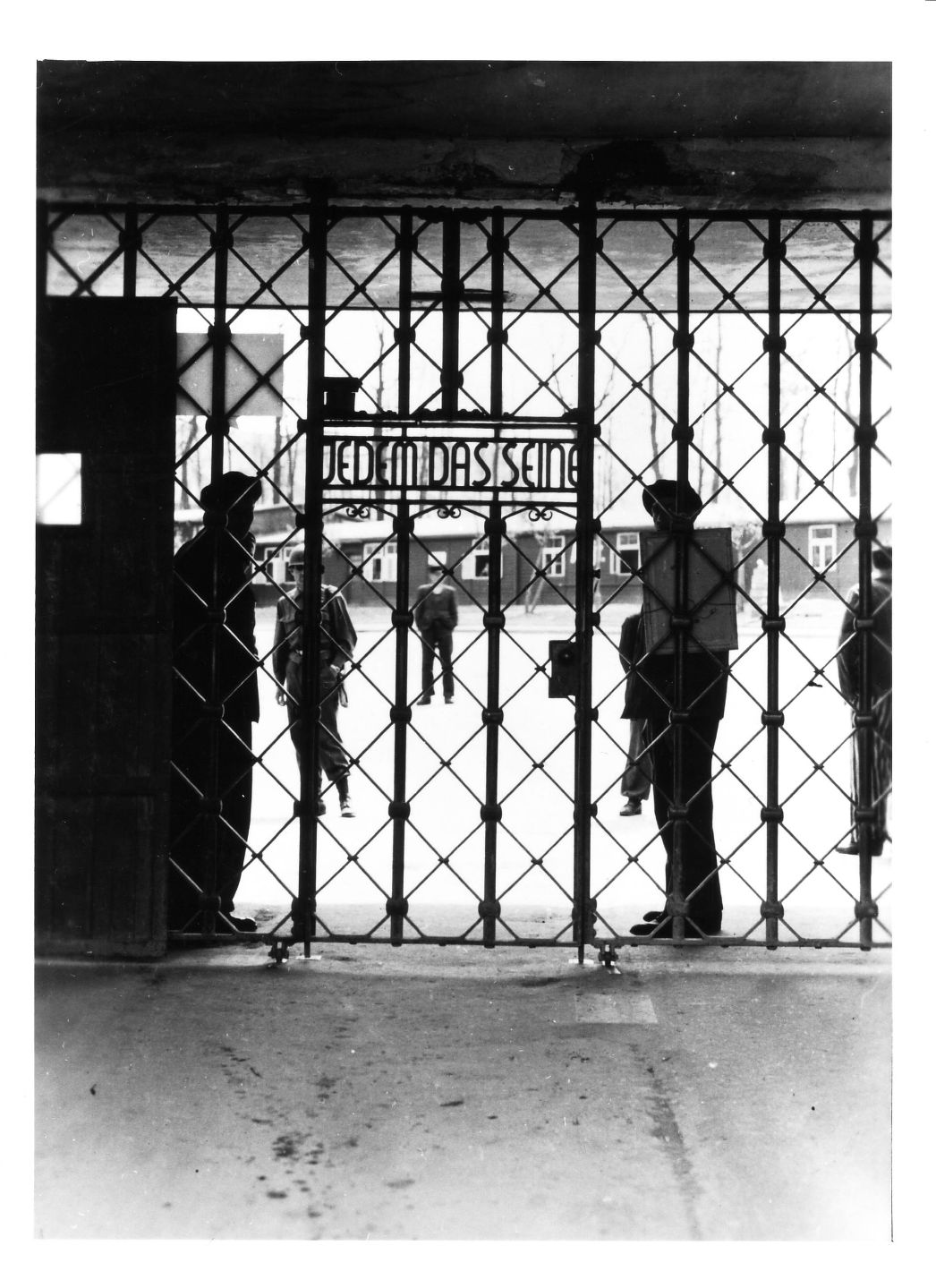
The audiowalk leads to seven stations on the grounds of the camp, which are associated with the life of Franz Ehrlich.
In 1937, Franz Ehrlich, who had studied at the Bauhaus Dessau, was sent to the Buchenwald Concentration Camp in the wake of political persecution. As a forced labourer in the construction office, he had to design buildings, interiors, and everyday objects for the SS. With his work, he increased his chances of survival – and those of other prisoners.
After his release in 1939, the SS hired him as an architect. He worked in the SS Neubauleitung, the department responsible for overseeing new construction, in Weimar-Buchenwald and later in the SS Wirtschaftsverwaltungshauptamt (Main Economic and Administrative Office, abbrev. WVHA) in Berlin, which played a central role in the colonization and extermination policies used in Eastern Europe. In this capacity was no longer a victim or resistance fighter but, at very least, a collaborator.
The audiowalk by Jens-Uwe Fischer (Hochschule für bildende Künste Hamburg) talks about the connection between modern design and National Socialist politics. Ehrlich's story also raises fundamental questions: "What can we learn from this biography for ourselves, our time, and our society?"
"Bauhaus Graduate Franz Ehrlich in Buchenwald" is a project by Jens-Uwe Fischer – a production of HFBK Hamburg, Design Theory, Prof. Dr. Friedrich von Borries – with Refrakt (Alexander Govoni, Carla Streckwall) – in cooperation with Klassik Stiftung Weimar and the Buchenwald and Mittelbau-Dora Memorials Foundation – funded by the German Research Foundation (DFG) and the Cultural Foundation of the Free State of Thuringia.
The audiowalk is provided free of charge as an app for iOS and Android in the respective app stores. More information can be found here:
http://refrakt.org/franzehrlich

